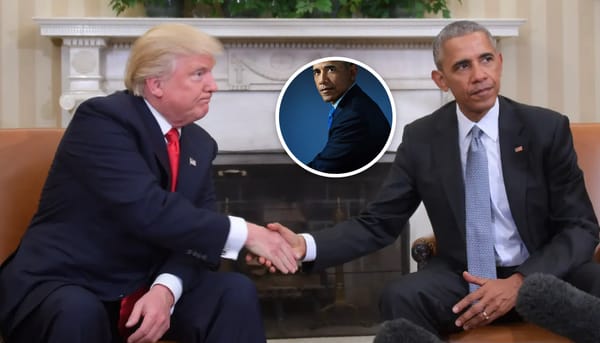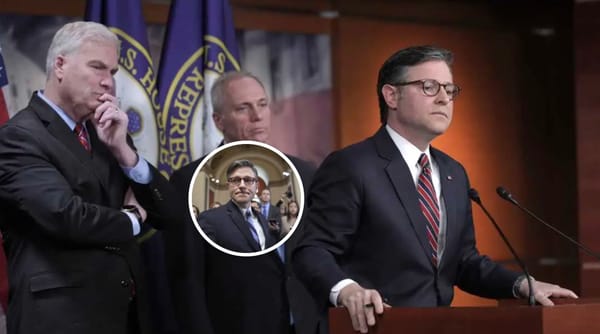Trump DOJ Called Out By Judge In Courtroom Silence Over Deportation
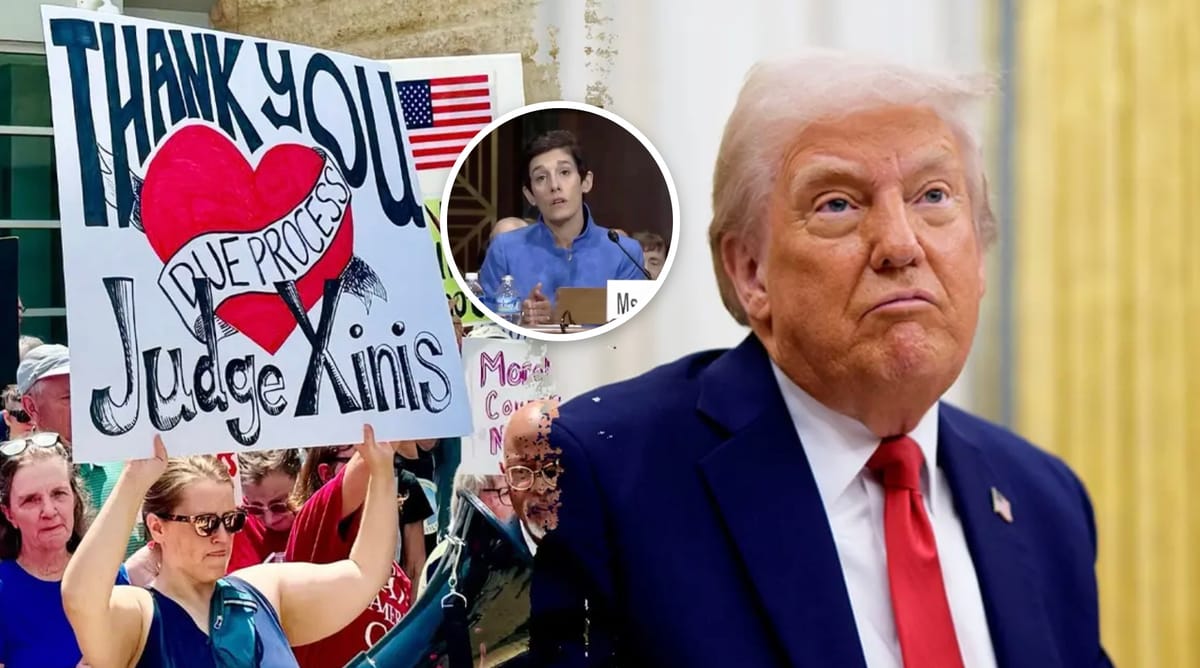
A remarkable moment left a courtroom completely silent.
It happened during a contentious hearing involving the deportation of a Salvadorian migrant.
Heated Exchanges Over Complex Legal Territory
U.S. District Judge Paula Xinis presided over the hearing focusing on Kilmar Armando Abrego Garcia.
Abrego Garcia, described in reports as an alleged MS-13 member, was deported to El Salvador earlier this year.
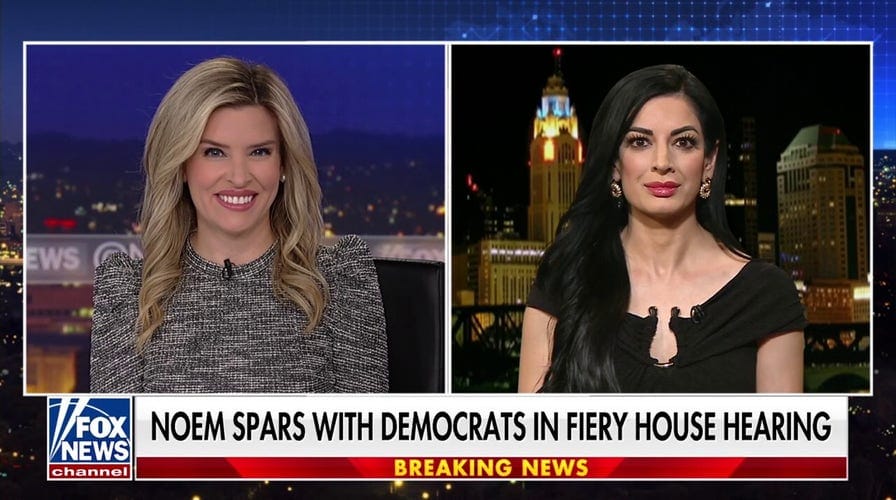
Administration officials have since referred to the deportation as an "administrative error."
The courtroom saw intense back-and-forth between Judge Xinis and lawyers representing the Justice Department.
Much of the sparring centered on the government's arguments regarding the legal basis for Abrego Garcia's detention and deportation.
Government Argues for State Secrets Protection
A key point of contention was the government's attempt to invoke the state secrets privilege.
This legal doctrine allows the government to withhold information from discovery or trial if its disclosure would harm national security.
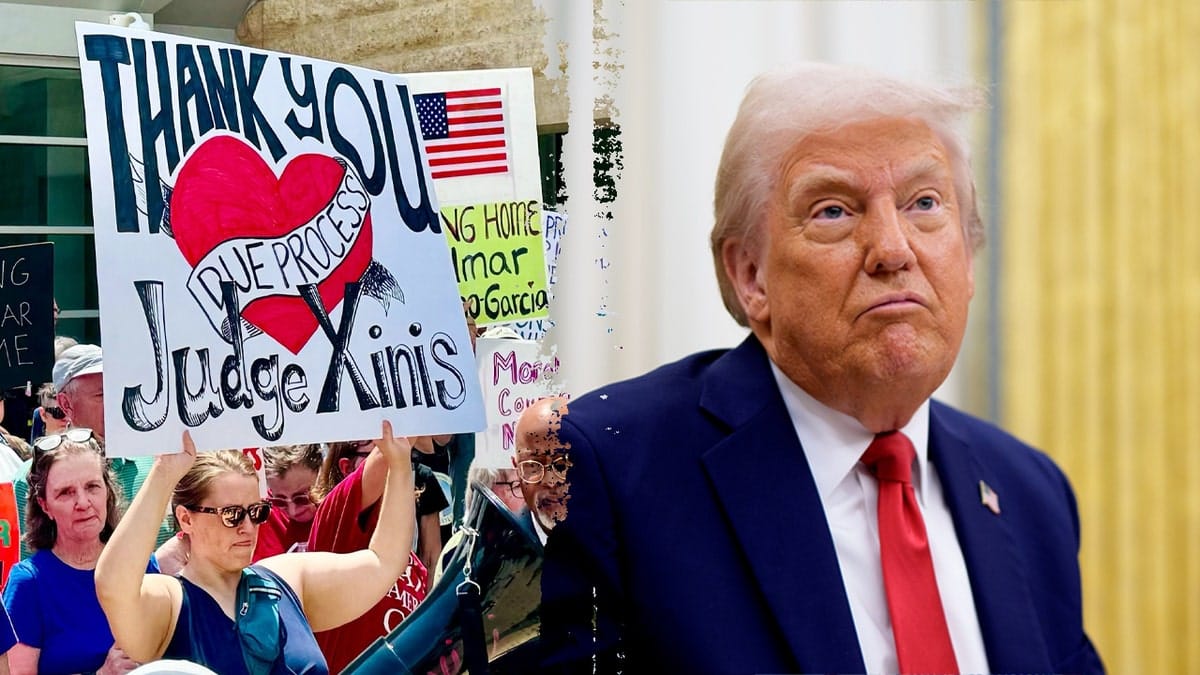
Government lawyers argued that protecting sensitive diplomatic and foreign policy matters necessitated the use of this privilege in Abrego Garcia's case.
They sought to shield certain details from public disclosure in court proceedings.
The judge pressed the DOJ representatives on the sufficiency of their justification for invoking this privilege.
Debating Lawfulness and Administrative Errors
Another area of significant dispute was whether Abrego Garcia was lawfully detained and removed.
Justice Department attorney Jonathan Guynn maintained in court that the removal was lawful.
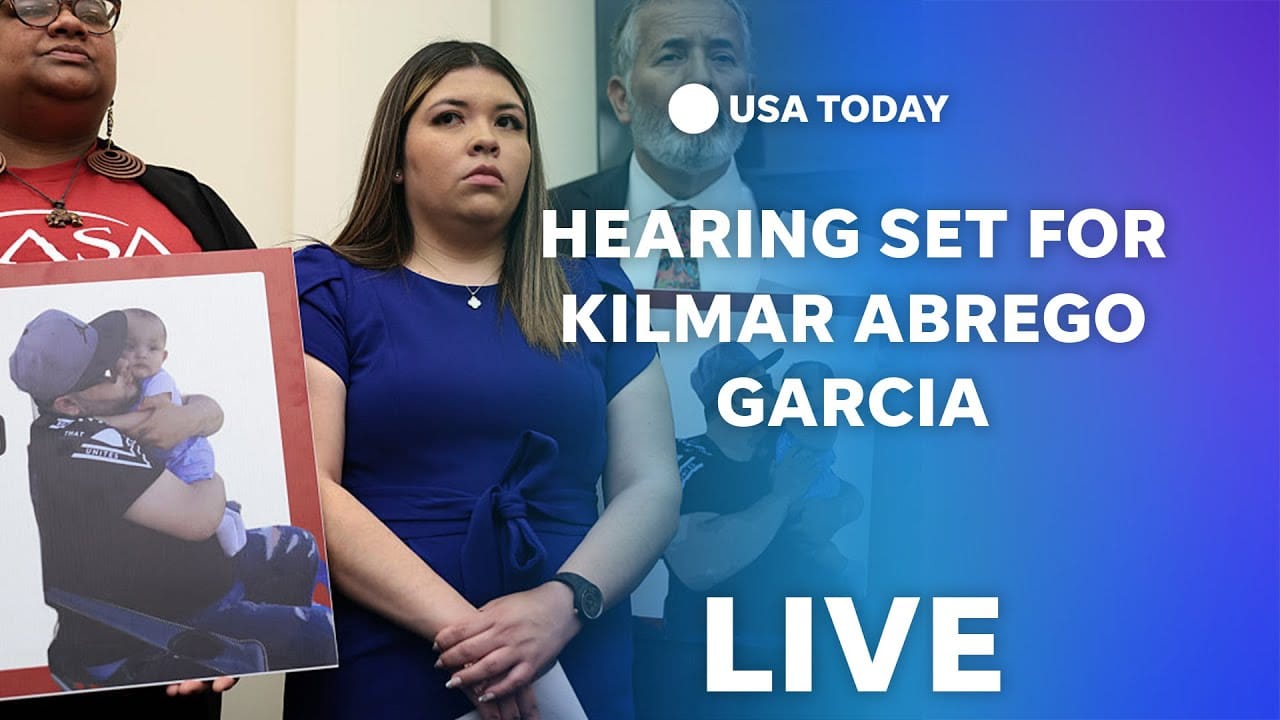
However, Judge Xinis challenged this point multiple times, referencing a prior admission from a DHS attorney that there was "no lawful basis to arrest" Abrego Garcia initially.
She pointed to requirements within the Immigration and Naturalization Act regarding the process for removal, particularly to a third country.
The government's position highlighted the distinction between an "administrative error" in the process of *where* he was sent (given a notice of withholding of removal) and the overall lawfulness of seeking his removal based on other factors.
Protests Outside Add Pressure
Outside the courthouse, demonstrators gathered.
They held signs and chanted in support of Kilmar Abrego Garcia.
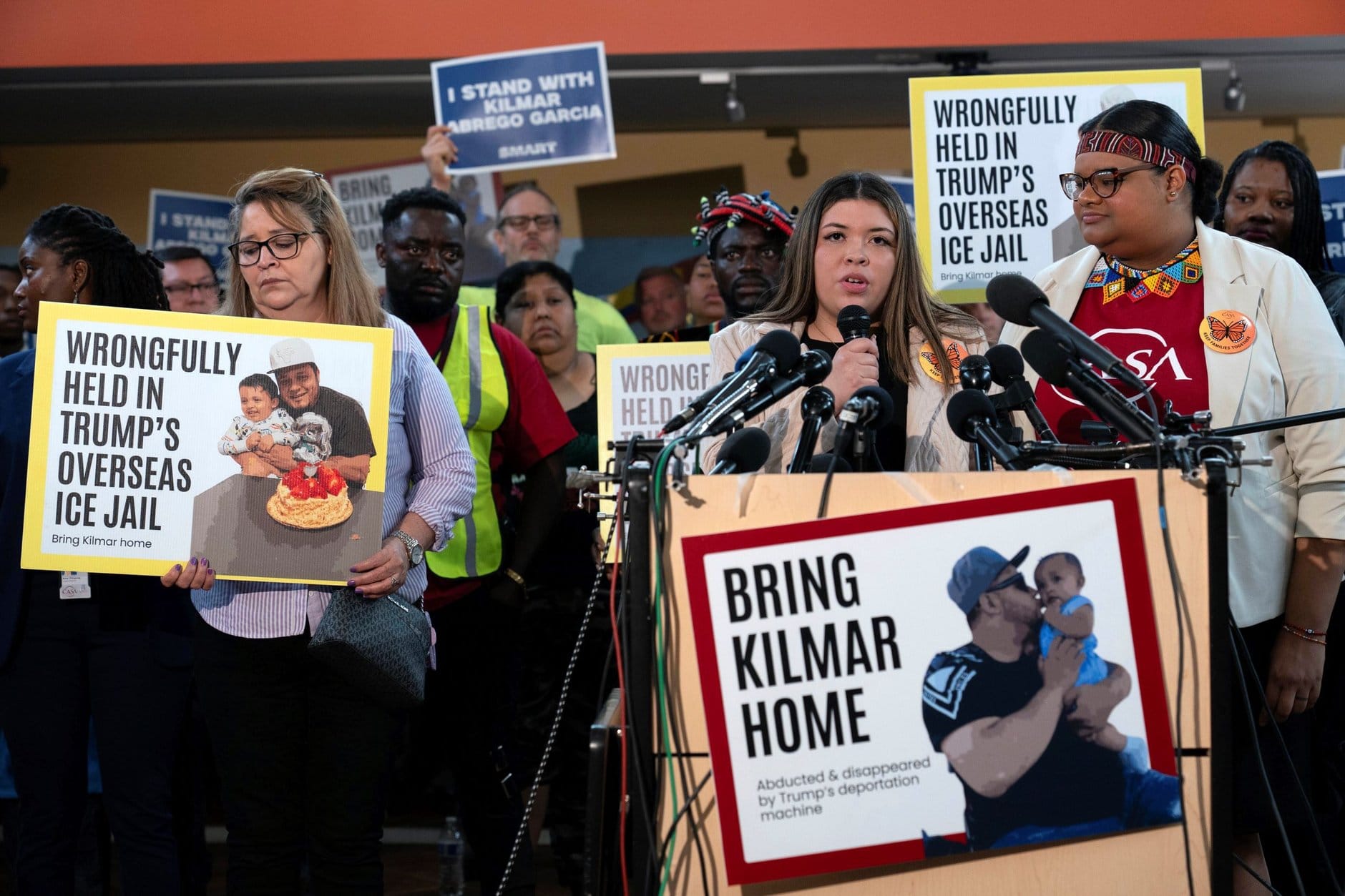
The public attention underscores the contentious nature of the case and the intense scrutiny placed on the government's handling of the deportation.
Supporters are demanding Abrego Garcia's return to the U.S.
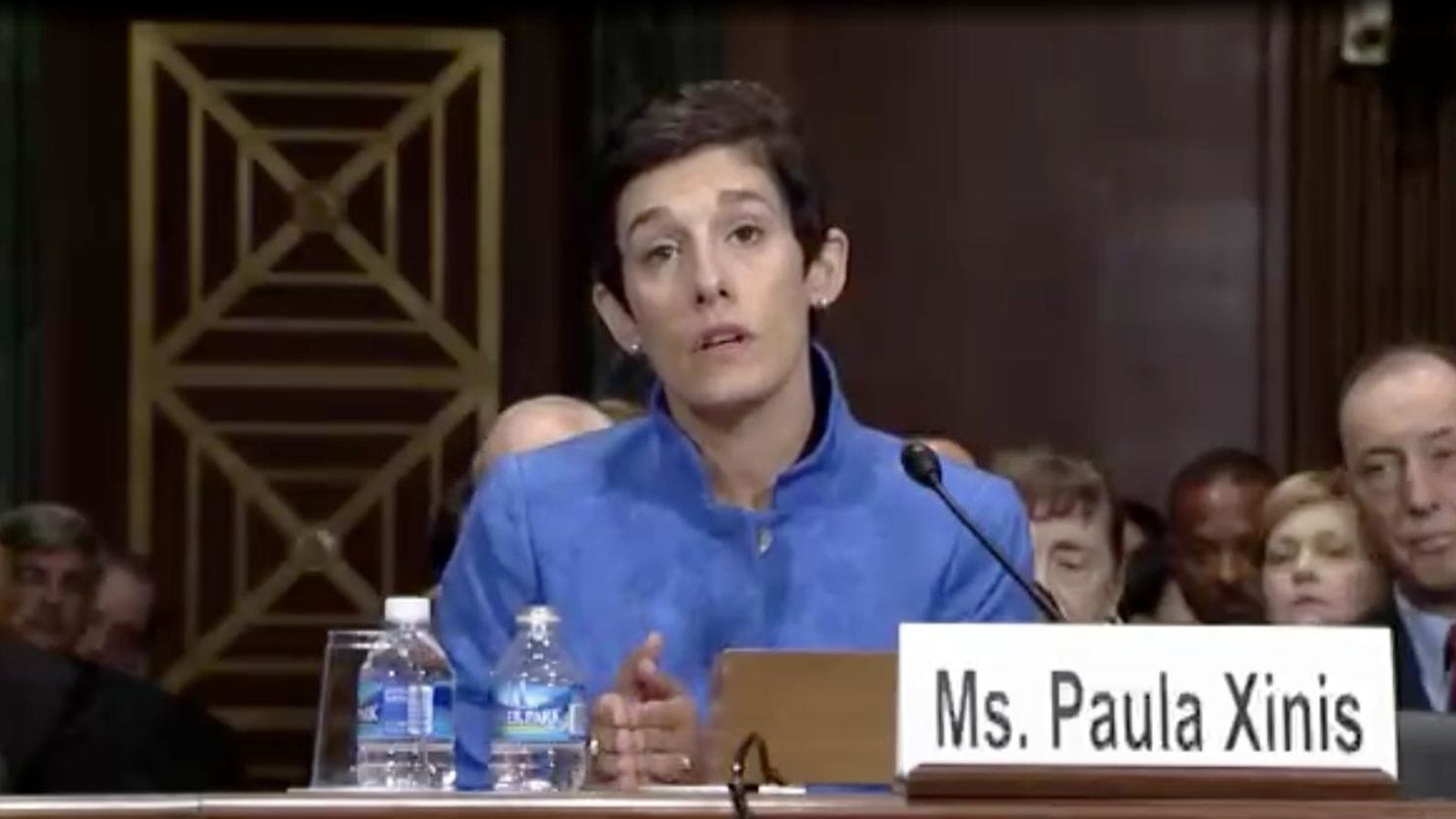
The case has involved multiple court orders, including one from the Supreme Court, concerning steps to facilitate his potential return.
The Moment Silence Fell
During the intense questioning regarding the legal basis for the initial actions and the steps taken since, Judge Xinis paused.
She pressed the government lawyers for direct answers on specific points related to the legal authority at the time of arrest and deportation.
She asked why certain admitted facts seemed to be overlooked in subsequent arguments.
As she posed a pointed question about the initial lack of lawful basis to arrest and the subsequent legal arguments, seeking a clear response...
...the courtroom fell into silence that lasted for approximately thirty seconds.
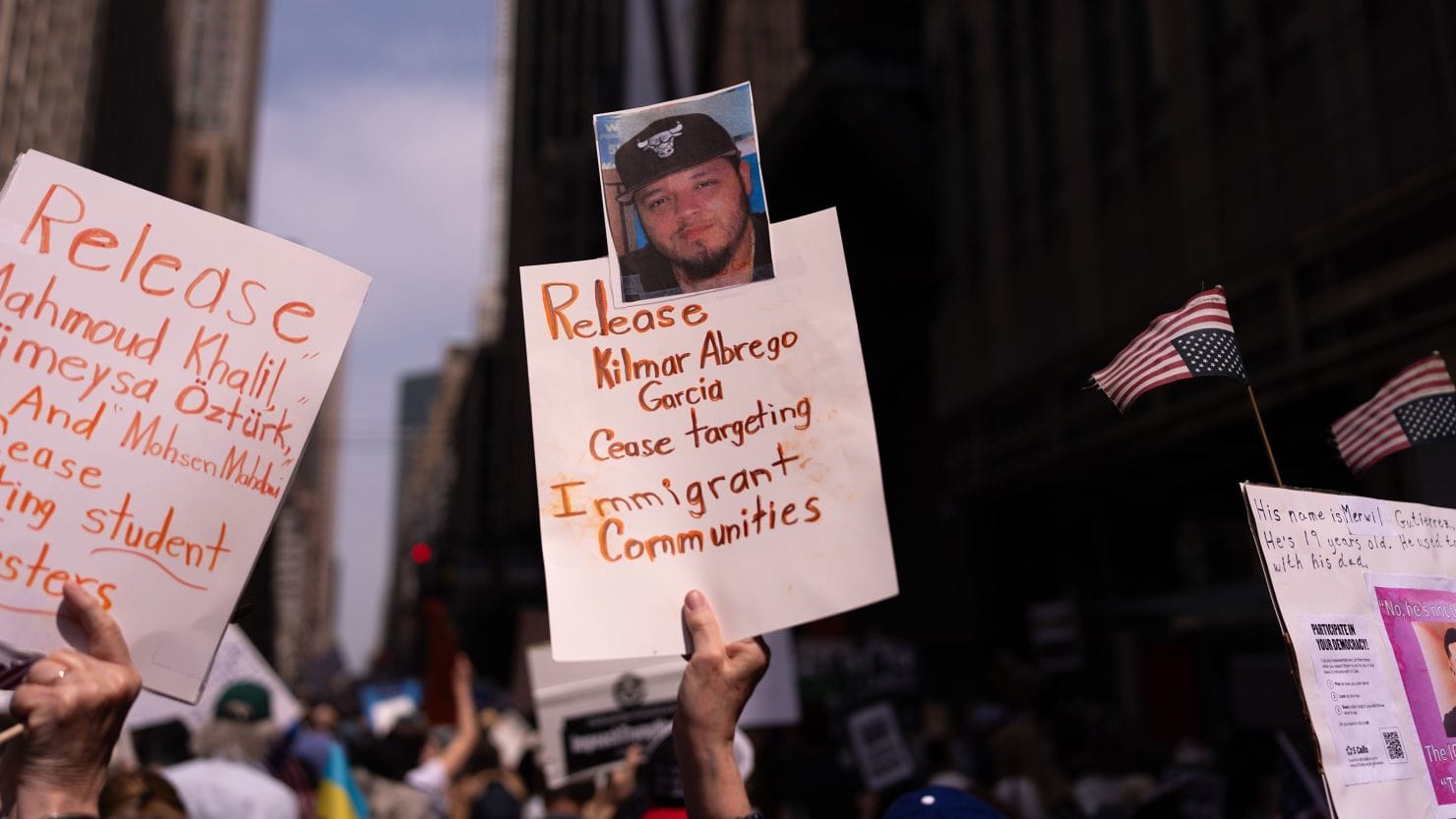
The pause highlighted the difficulty in immediately reconciling the differing legal interpretations and the government's position in the face of the judge's questions.
Path Forward Remains Unclear
Despite the sharp exchanges, Judge Xinis indicated she would likely grant the government additional time to file further declarations.
This is to allow them to more fully articulate their legal position and the necessity of the state secrets privilege claim.
The hearing underscores the complexities involved when immigration enforcement intersects with alleged gang affiliation, administrative processes, and the need to protect sensitive government information, all under judicial review.
The case is ongoing, with future proceedings expected to further explore these challenging legal issues.
